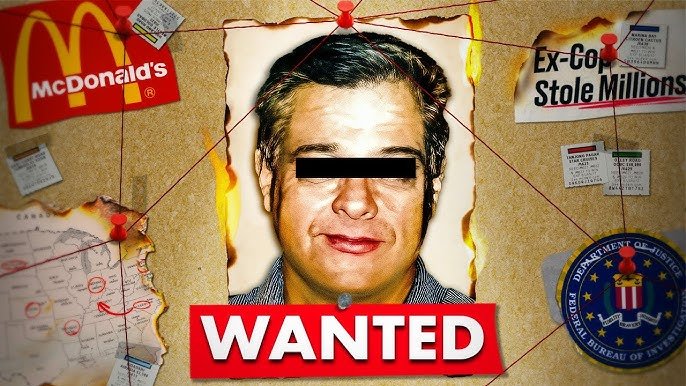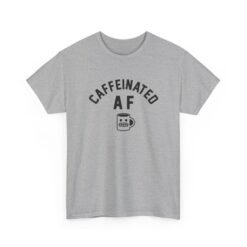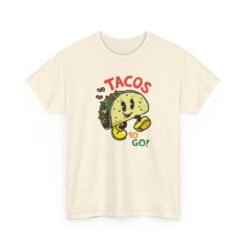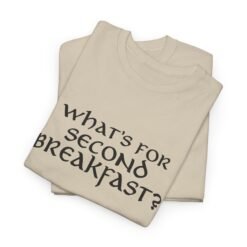Business History, Fast Food Marketing, Food and Beverage, Food Industry, Marketing History, Marketing Insights
The Great Monopoly Game Heist: Unveiling the McDonald’s Monopoly Scam
Introduction to the McDonald’s Monopoly Game
The McDonald’s Monopoly Game, first introduced in 1987, has captivated customers and enthusiasts alike for decades. It was a marketing promotion designed to enhance customer engagement and drive sales, bringing the excitement of a classic board game into the realm of fast food. The game invited customers to purchase select menu items that came with special game pieces attached to their packaging. Each game piece represented various properties, akin to those found on a traditional Monopoly board, offering participants a chance to collect complete sets for potential rewards.
Initially, the game pieces were printed on packaging for items such as fries, burgers, and drinks, encouraging customers to try different products. This innovative strategy not only incentivized purchases but also added a layer of fun and competition among consumers. The allure of winning prizes, ranging from free food items to substantial cash rewards or luxury items, created an engaging experience. As customers peeled the game pieces from their meals, excitement and anticipation built around the concept of winning something valuable.
Overall, the McDonald’s Monopoly Game became a cultural phenomenon, appealing to a wide audience and influencing marketing tactics across the fast food industry. Its combination of competition, excitement, and potential rewards ensured the game’s place as a significant aspect of McDonald’s promotional history.

The Scandal Unfolds: The Scheme Behind the Theft
The McDonald’s Monopoly game, which promised consumers the thrill of winning significant prizes, was soon revealed to be a facade orchestrated by a meticulously constructed scheme. It was designed to appear as an engaging promotion, but in reality, the game pieces, crucial to drawing in customers, were distributed under the control of a select group of insiders. Over several years, these individuals manipulated the prize distribution process, thereby undermining the integrity of what was claimed to be a fair game.
At the heart of this deception was an individual named Jerome Jacobson, who held a pivotal role in overseeing the production and distribution of game pieces. Utilizing his position, Jacobson devised a complex system that would allow him to siphon off valuable game pieces, particularly the rare ones linked to multi-million dollar prizes. Instead of allowing truly random distribution, Jacobson and his accomplices would assert control over the game, ensuring that only select individuals received the winning pieces. This approach ensured that they could profit immensely from the operation, while the majority of players remained blissfully unaware of the manipulation.
The methods utilized to perpetuate this scheme were both elaborate and deceptive. Jacobson orchestrated an intricate web of connections with a network of criminals who would distribute the winning pieces under the guise of legitimacy. He crafted a false narrative around the game’s fairness, conveying the message that it was entirely possible for anyone to win. This manipulation effectively concealed the sordid truth and kept customers engaged, as the excitement of winning a life-changing prize continued to incentivize purchases.
Such elaborate schemes typically attract the attention of law enforcement, yet Jacobson maintained his operation for years, demonstrating both ingenuity and a blatant disregard for ethical conduct. The culmination of this scandal not only tarnished the reputation of McDonald’s but also highlighted vulnerabilities within promotional marketing strategies, prompting a re-evaluation of how such games are managed in the future.

The Investigation: Uncovering the Truth
The McDonald’s Monopoly scam, a fascinating episode in the annals of commercial fraud, was brought to light through the diligent efforts of multiple stakeholders, culminating in significant investigations by law enforcement authorities, including the Federal Bureau of Investigation (FBI). Initially, the fraudulent activity gained traction when a whistleblower, Jerome Jacobson, who was implicated in the scheme, decided to come forward, disclosing critical information about the manipulation of the game’s prize distribution process. Jacobson’s revelations prompted extensive inquiries into the authenticity of the McDonald’s Monopoly promotion, which had attracted widespread participation from the public.
Journalists played an essential role in disseminating the findings, amplifying the story and facilitating a broader understanding of the deceit involved. Their investigations uncovered how elaborate mechanisms had been deployed to misappropriate millions of dollars in prize money. This scandal involved a network of criminals who were able to illegally acquire winning game pieces and then launder the proceeds through legitimate businesses. The coverage by investigative reporters not only captured public interest but also ignited discussions about corporate ethics and accountability.
The FBI’s involvement was pivotal, as they meticulously gathered evidence and conducted interviews to construct a comprehensive case against the perpetrators. Their investigations revealed not only the depth of the misconduct but also the extent of complicity among various parties, illustrating a systematic approach to fraud that seemed almost too intricate to believe. The subsequent legal proceedings led to significant ramifications for those involved, resulting in criminal convictions and financial penalties, a testament to the justice system’s resolve to address corporate malfeasance. The public reaction was one of shock and dismay, as the truth unfolded, with many feeling betrayed by a beloved brand that had been synonymous with happiness and playfulness for decades.

The Aftermath: Consequences and Reflections
The scandal surrounding McDonald’s Monopoly game not only led to immediate financial repercussions but also significantly impacted the brand’s relationship with its customers. Following the revelation of the scam, McDonald’s faced intense scrutiny, leading to a notable decline in public trust. The promotional game, once celebrated as a fun and engaging marketing strategy, became emblematic of deceit, prompting consumers to reassess the integrity of promotional offers within the fast-food industry.
In response to the scandal, McDonald’s took decisive action to restore its image and regain consumer confidence. The company revised its contest rules and implemented stricter security measures to prevent any future misconduct. This included collaborating with law enforcement to ensure greater oversight and transparency in their promotional activities. These measures aimed not only to secure the contest’s integrity but also to reassure the public that ethical standards were being firmly upheld in every aspect of the brand’s marketing efforts.
The fallout from the Monopoly heist also sparked broader discussions about ethics in marketing and consumer engagement, impacting how companies approach promotional games. Many brands began to scrutinize their own marketing practices, recognizing the importance of transparency and trust in building lasting customer relationships. The affair served as a cautionary tale, illuminating the fine line between competitive marketing and unethical practices. This case emphasizes how crucial it is for businesses to establish a solid ethical foundation when crafting promotional campaigns.
Ultimately, the McDonald’s Monopoly scandal continues to resonate in today’s marketplace, highlighting the significant role consumer trust plays in a brand’s reputation. It serves as a reminder that ethical marketing practices are not simply beneficial—they are essential for long-term success and credibility. As companies navigate an increasingly scrutinized industry, the lessons learned from this infamous heist remain relevant, shaping the future landscape of promotional games and consumer trust.
Food and Coffee
Fairytale and Fantasy
“What’s for Second Breakfast?” Unisex T-Shirt – Hobbit Appetite Approved
Food and Coffee

















